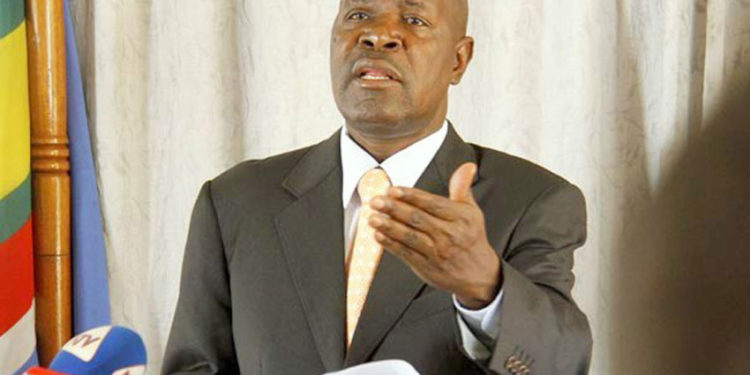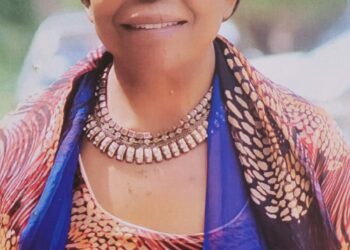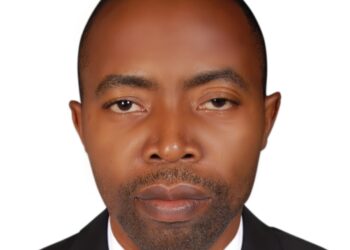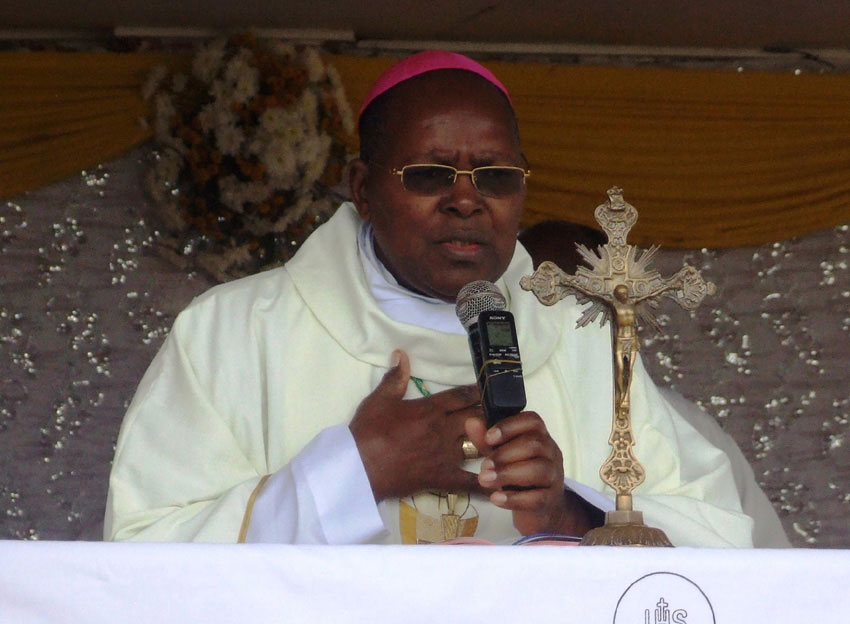One week into my annual leave in Mulanda away from the Kampala pollution, congestion, traffic nightmare, boda boda nuisance, and the irritant political noise from the likes of Kizza Besigye Kifefe and his newfound sidekick Erias Lukwago. What a pleasant life! Ssalango Erias Lukwago Omuloodi, the Lord Mayor of Kampala since 2011 is a whining controversial political crybaby who listening to one imagines has just recently inherited a bad debt and is stuck, but still tightly clings to it. The pleasant news that President Yoweri Museveni had come out from his self-isolation due to Covid-19, and energetically resumed all official duties dampening the evil wishes that were emerging from some of the local village black owls.
Kampala, is a bustling but sad city in general management where today even its supposedly lush upscale Kololo and Nakasero suburbs are receding pasts of themselves if you consider that almost every avenue now has open noisy nightclubs with vehicles parked on pavements as revelers enjoy themselves into the wee hours. You have to wonder how the rich there truly enjoy their sleep.
On work days, and even weekends often it’s disturbing that find road closures either because of non-ending and usually unannounced road or drainage repairs which makes travelers stuck for hours on a journey that would normally take a few minutes if Kampala city managers were competent, serious or just alert. More annoying are an announced security closures of public roads with huge trucks whenever the president, parliament, or even social activities take place at Kololo Independence Ceremonial grounds.
Due to the controversial politics and sometimes the lingering threats of terrorism, both the Constitutional Square and Independence Grounds, in the centre of Kampala and which are supposed to be tranquil are now cordoned off and manned by the ever mean-looking security personnel making them out of bound to the general public. Their high-sounding names are now a misnomer and mockery to our collective intelligence.
Mulanda is green and serene, the lack of regular, reliable and sustained sources of income notwithstanding. Like most rural Uganda in eastern Uganda we are yet to discover the meaning of a money economy that drives development, wealth creation, modenisation and prosperity. For four straight days now, the car is parked in the compound. I have not driven, entered or even touched it. On purpose, there’s no television or radio sets in the house and of course no access to newspapers. The salacious political and social gossips brought my word of mouth are sufficient. I find it cool and refreshing knowing that one can do without driving.
From my home roughly one kilometre, l walk to our ancestral compound to pay homage to my ancestors long-gone, and siblings recently departed. I first visit the backyard where my grandfather, grandmother, and siblings rest. On the front court, my father’s gravestone is getting pale since twenty-three of endurance, and those of his three wives lying on both sides of his, mostly I ask for more providence.
The first two were complete illiterates who could neither write nor read their names, while the third was a primary school teacher who passed on last year on Easter Sunday as we had lunch, but all of them collectively gave the fifty-six of us life, good care and meaningful education. I am the thirteenth from the fifth wife now 87 years living confined to a wheelchair since 2017 and living with me.
Our local Anglican church, built over six decades ago which doesn’t have a name yet, is a beneficiary of the recently much-talked about Karamoja mabati (roofing sheets). Our area MP Jacob Markson Oboth Oboth, also State Minister for Defence has also just added more flavour to this old structure tiling its floor and putting a fancy decorative red face bricks, although the ever dwindling congregations make minimal use of it. Previously, on visits one would find hammock of spider webs specked with bat droppings. Sharing a fence with the church is Nyasigala Resort, and in reflection I wonder how the two would co-exist in the old world when I was a village toddler. Today, this church and local beer pubs, nightclub dance arena and lodges reside side by side.
In the neighbourhoods and throughout West Budama, homesteads are slowly improving with permanent houses, national grid electricity, water connection, and road networks, yet Tororo remains at the lower bottom on all the socio-economic indicators of poverty and subsistence livelihood. And partly due to that, am now totally immersed in setting up hectares a coffee, palm oil, and adding eucalyptus plantation, which hopefully should in the future become a farm tourism project, and putting money into my old-age safety net. Clearly, today’s elites from Tororo, and the whole Bukedi sub-region, comprising Busia, Butaleja, Budaka, Kibuku, Butebo and Pallisa districts, have our work, which we have been avoiding cut out.
Do you have a story in your community or an opinion to share with us: Email us at editorial@watchdoguganda.com













